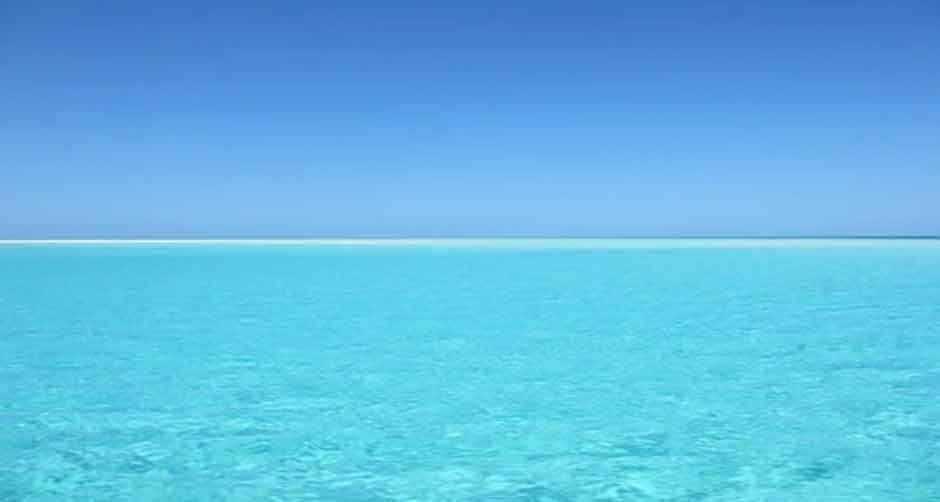The ocean, a vast expanse of mystery and wonder, is not just a part of our planet but a crucial aspect of our existence. It’s where life began and where countless species, including the enchanting dolphins, thrive.
However, our oceans are in peril, facing threats from pollution to climate change. It’s time for us to step up and take responsibility. Here are five significant steps we can take to ensure cleaner, healthier seas.
1. Embrace the Three R’s: Reduce, Reuse, Recycle
- Reduce: The first step in combating ocean pollution is reducing our use of plastics and other harmful materials. Plastics, which take centuries to decompose, are the primary culprits in ocean pollution, harming marine life and ecosystems. Reducing plastic usage can be as simple as choosing products with less packaging, carrying reusable shopping bags, and avoiding disposable items like straws and cutlery.
- Reuse: By reusing items, we can significantly cut down on waste. This can include everything from refilling water bottles to repurposing containers. Thrifting and buying second-hand goods also contribute to this effort, preventing new resources from being consumed.
- Reuse: Recycling is essential in managing waste effectively. By recycling plastics, glass, paper, and other materials, we can reduce the amount of waste that ends up in landfills and oceans. It’s important to know local recycling guidelines to ensure proper recycling practices.
2. Support Sustainable Seafood
Overfishing and destructive fishing practices are decimating fish populations and harming marine habitats. By choosing sustainable seafood, we encourage responsible fishing and aquaculture practices. Sustainable seafood is sourced from fisheries or farms that maintain healthy fish populations and ecosystems.
Look for certifications like the Marine Stewardship Council (MSC) or Aquaculture Stewardship Council (ASC) labels, which indicate environmentally friendly practices. Educating ourselves about seafood seasons and opting for underutilised species can alleviate pressure on popular, overfished species.
3. Engage in Beach Clean-ups
Beach clean-ups are a direct way to combat ocean pollution. These initiatives remove litter from beaches and coastlines and prevent waste from entering the ocean. Participating in or organising clean-ups is also a fantastic opportunity to educate communities about the impact of pollution on marine life and how each individual’s actions can make a difference.
4. Educate and Advocate for the Oceans
Awareness is the first step toward change. Educating ourselves and others about the challenges facing our oceans is crucial. This can be achieved through various means, such as attending workshops, watching documentaries, and reading articles. Sharing this knowledge with our community can inspire collective action and lead to larger-scale changes.
Advocacy also plays a vital role. This can involve supporting policies that protect marine areas, reduce pollution, and address climate change. We can participate in public consultations, sign petitions, and engage with local and national leaders to advocate for ocean-friendly policies.
5. Support Ocean-Friendly Initiatives and Brands
A unique way to contribute to ocean conservation is by supporting businesses and organisations prioritising marine health. For instance, purchasing dolphin t-shirts from brands that donate a portion of their proceeds to ocean conservation is a stylish way to contribute to the cause. These purchases not only provide financial support to conservation efforts but also help raise awareness.
When choosing products or services, consider their environmental impact. Opt for brands that use sustainable materials, practice ethical production, and are committed to reducing their carbon footprint.
Conclusion
Our oceans are a source of life, wonder, and inspiration. The steps we take today to protect and preserve them will have a lasting impact on future generations. Every action counts, from reducing plastic use to supporting sustainable seafood and ocean-friendly brands. Let’s unite to ensure that the majestic sight of dolphins leaping through clean and vibrant seas remains a fleeting image and a permanent testament to our dedication to marine conservation.


